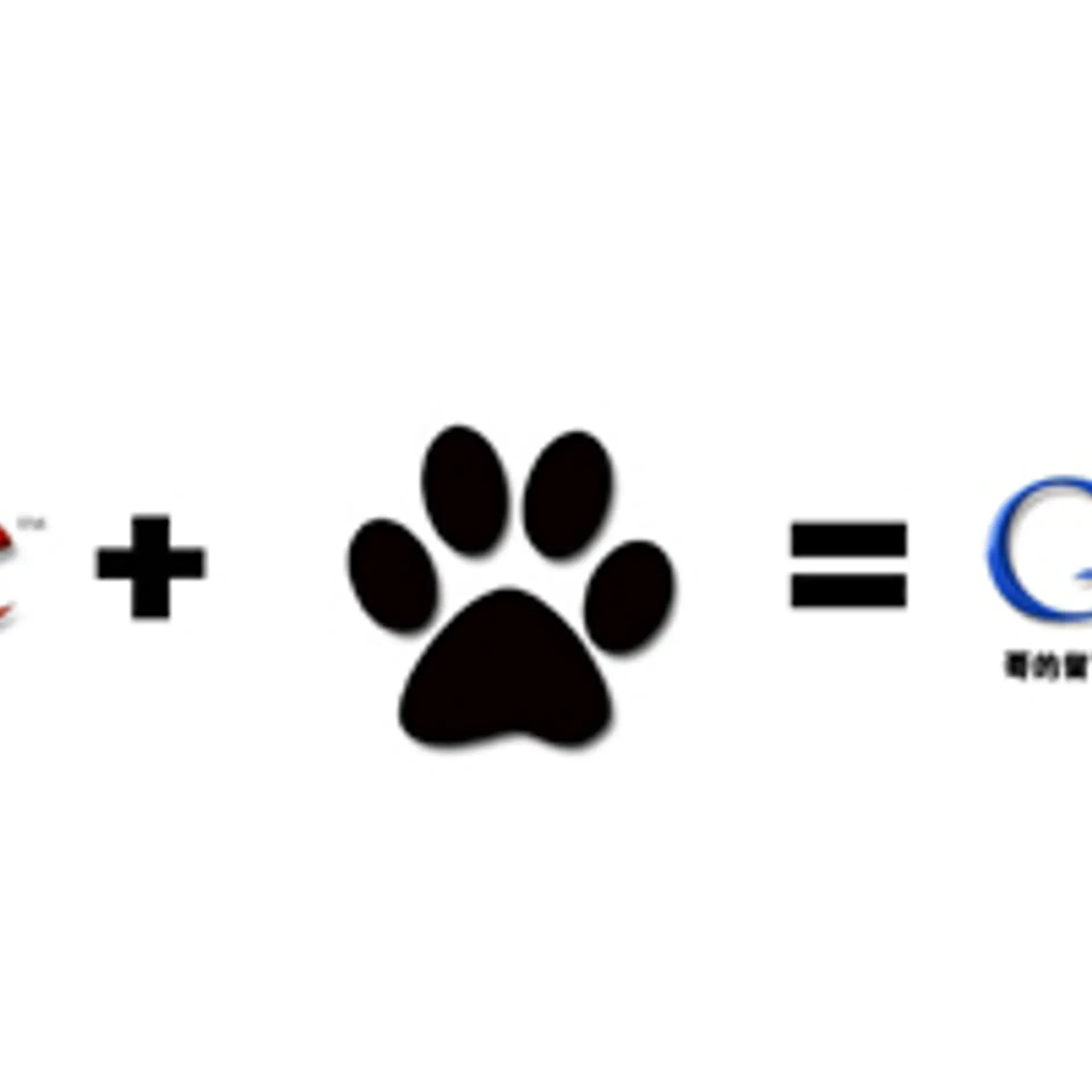

5 important career lessons smart entrepreneurs often forget
Make sure you remember them

There are different types of smarts, whether we’re talking about business smarts, street smarts or book smarts. But regardless of how smart you are, there’s always something new to learn – and smart people can only stay smart if they remember that.
Here are just a few of the career lessons that smart people learn – and then often forget all about. Make sure you remember them.
1. Social Networking is Vital
They say that it’s not what you know, it’s who you know – and that’s never truer than it is in the world of business. That’s why you’ll need to go out of your way to make new contacts within the industry and to follow up with them online. Meeting in person is only half of the equation, and in today’s world of blog sites and social networks, you can enhance your approach by interacting with people online through comments, shares and likes on the most appropriate social network. We’re not just talking about LinkedIn anymore.
2. Empathy Will Get You Everywhere
There used to be a time when to succeed in business, you needed to be aggressive and unsympathetic. But the business world is no longer based on Wall Street in the 1980s and the new generation is all about empathy. By 2030, millennials will make up 75% of the workforce, and Millennials prefer to focus on teamwork, understanding, and empathy. If you want to truly engage these employees and to get the best possible performance from them, you’ll need to adopt a managerial style that tallies with the way that they see the world.
3. Your Resume is Super Important
Most people are smart enough to know that their resume is important – but they don’t often realize just how important it really is.
Zack Hannah from ResumesPlanet explains that “You think entrepreneurs don't need a resume? Wrong. What if you were named an Employer of the year? Or you've been invited to become a contributor to Forbes? So your resume needs to be able to show your personality and your work experience to the best advantage.”
Good enough is never good enough, and your resume is never ‘finished’ – even if you’re happily employed, it’s a good idea to revisit it every 2-3 months and to spend some time improving it.
4. Innovation Doesn’t Stop
Blockbuster Video was once offered the chance to buy Netflix and turned it down. The music industry saw Napster as a threat – until iTunes and Spotify came along and legitimized the business, simultaneously stealing a huge chunk of revenue from the pockets of traditional music giants. The important lesson here is that the pace of innovation is relentless and that it’s your responsibility to stay on top of it. If you don’t, your industry will move on and leave you behind – and you’ll find yourself looking for a new job.
5. Nobody is Happy
There seems to be a common perception in the business world that it’s unacceptable to publically acknowledge that you’ll one day move to another job role, often at a different company. The truth is that most people are miserable at work, and it’s a good idea for managers to encourage a more open culture where a frank discussion is welcomed. That makes it easier to convince people to stay by improving areas of dissatisfaction, and it also allows you to start looking for potential replacements way before employees hand in their notices.
Conclusion
The biggest career lesson of them all is that you should always aim to improve yourself. The single biggest mistake that smart people make is to think that they no longer need to learn things.
That’s like thinking ‘I’m full, so I’ll never need to eat again’. As soon as you make that mistake, you’re no longer a smart person – and your career is going to suffer as a result of it.







